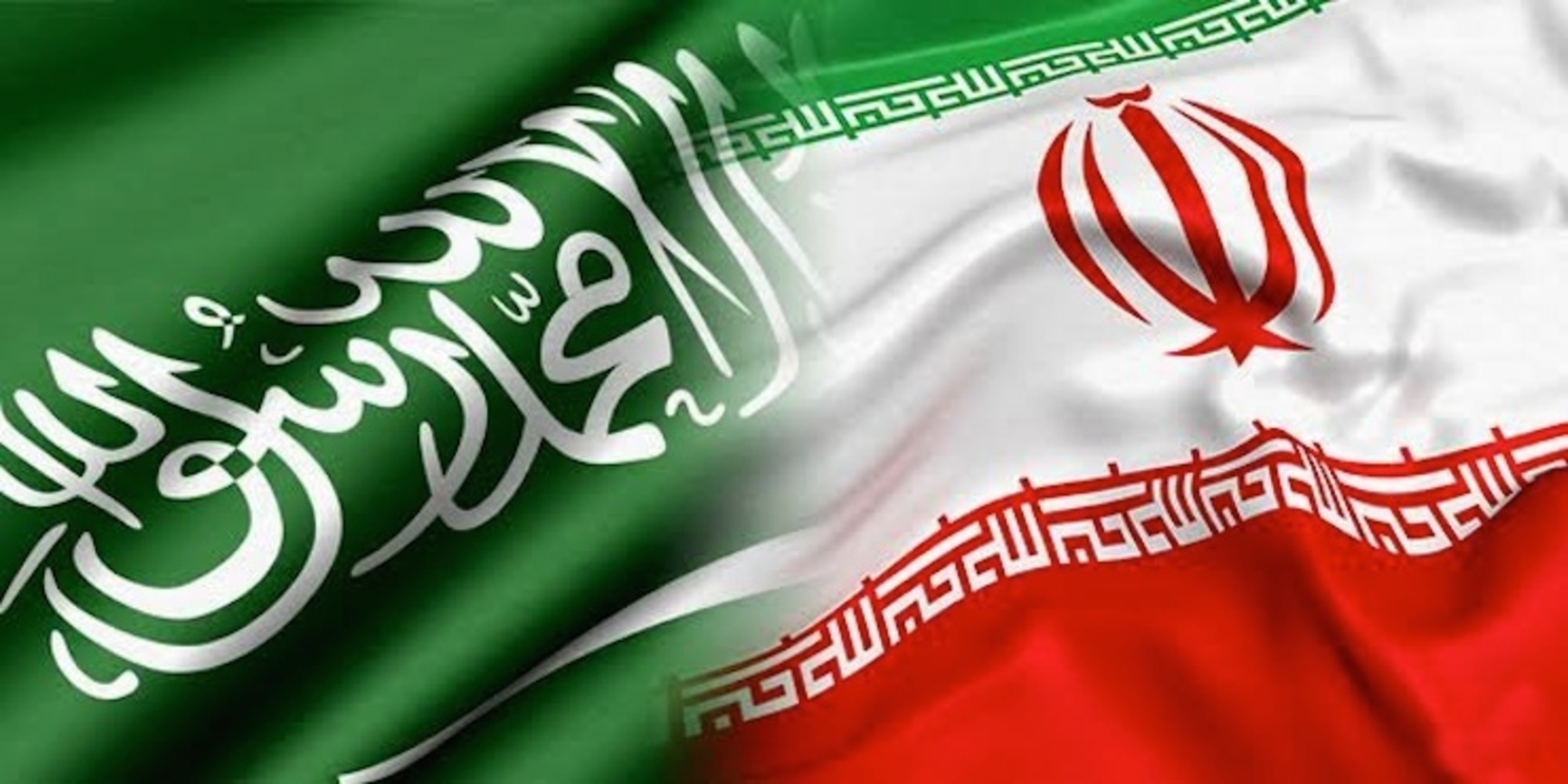Note / siros fatollah
"NATO" of Saudis Where did come from?
The government of Saudi Arabia purpose that so-called anti-terrorist military alliance is to confront the Islamic Republic of Iran and the pivot of Islamic resistance that prevents “Wahhabism” from promoting its wisdom in the Muslim world.
Siros fatollah International Defapress group, the Saudi Arabian Anti-Terrorism Dramatic Coalition, proclaimed in December 2015 by Saudi Crown Prince Mohamed bin Salman, but since the founding of the coalition, which lasted almost two years ago, it was limited to paper only a few days ago. Until the members of the coalition formed their first summit in Riyadh.
Based on this report, the Saudi Anti-Terrorism Alliance, which has so far not taken any action against the terrorists, consists of 40 countries. The point to be made is that some countries have been unaware of their country's name in the coalition.
One of the countries that did not know about the coalition was Pakistan. The country's foreign minister said in a statement that he had not coordinated with Islamabad.

The Saudis claim that the coalition is an Islamic alliance and its purpose is to battle terrorism, while there is no sign of the presence of the most influential Islamic countries in combating terrorism or engaging in this phenomenon, such as Iran, Oman, Iraq, Syria and Indonesia in this Coalition is not seen.
.
Certainly, the purpose that has made the Saudis to form such a coalition is not the battle against terrorism. Many analysts believe that the main goal of the Saudis to form the coalition is to confront the Islamic Republic of Iran and the axis of resistance that prevent the promotion of Wahhabi's ideology and impede the implementation of the plans of the regional and supranational allies of Saudi Arabia.
There are many signs that the Saudis seek to promote the ideology of "Wahhabism” in the Muslim world; the "Wahhabi” ideology attempts to divide the Takfiri’s groups with the "Wahhabi” thinking in the Muslim world so that countries that are aligned with the axle of resistance or from this axle support, weaken.
Iran is one of the main pillars of the resistance axle. Iran proved to the world how it battled with the Takfiris Islamists whose ideas of "Wahhabism” were intruded, rather than just like some regional and transnational countries to establish a dramatic coalition, a coalition that not only did not dry the Takfiri roots, but also provides the context and context for their survival.
Accordingly, the only goal that Mohammed bin Salman sought to form the coalition was not the battle against terrorism, but merely attracted Western and American attention, to accompany Saudi Arabia in countering the resistance that prevents "Wahhabism” from spreading among Islamic societies.
But the formation of the first meeting of the coalition after two years delayed showed that this coalition, at least structurally and functionally, has not yet been able to form its apparent body, and structural and institutional disparities are the first major disadvantage of this coalition. The Saudis should not be optimistic about the future of this coalition, and they must stop disunity in Islamic societies.
Message End
your comment
